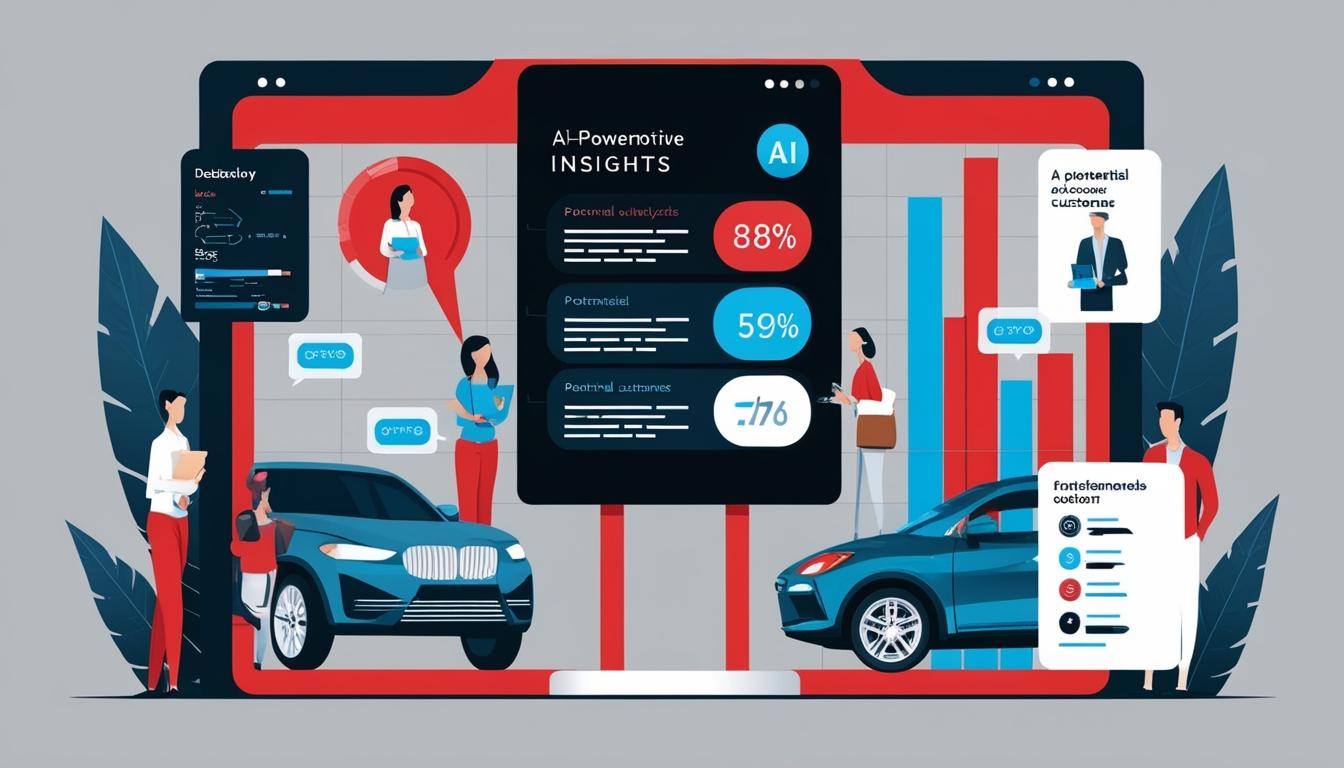As the automotive industry experiences tightened margins and increased competition, businesses are finding it increasingly challenging to attract customers solely based on price. The evolution of customer sourcing has led to a growing reliance on advanced technologies, namely artificial intelligence (AI), to enhance operational effectiveness in securing potential buyers. AutoSuccess reports that businesses are exploring different methodologies to harness AI’s capabilities, which can streamline the process of making actionable customer data.
Central to this strategy is the effective utilisation of first-party data, which comprises information directly collected from customers. This resource is described as rich with potential to uncover prospective buyers within a dealership’s locale. AI plays a critical role in efficiently analysing this data, providing a high degree of accuracy when identifying potential customers. The integration of AI across diverse aspects of the dealership ecosystem, including the dealership management system (DMS), customer relationship management (CRM) systems, and other operational tools, serves to enhance the quality of insights obtained.
By fusing transactional data with demographic and behavioural insights, AI systems enable dealerships to develop a comprehensive understanding of the consumer landscape in their area. This holistic approach is further augmented by predictive analytics, empowering businesses to identify individuals likely in a purchasing position influenced by factors such as life stage and family circumstances.
Moreover, the comprehensive nature of AI allows it to identify sales opportunities that may go unnoticed by human analysts. An example highlighted by AutoSuccess illustrates this point: a customer who recently purchased a used truck may not seem like a high-potential lead for a new vehicle; however, AI evaluates various factors, including the customer’s living environment and family situation, thus identifying the heightened propensity for this individual to consider a mid-size SUV. Through AI-generated notifications to sales teams, such insights open up new engagement opportunities.
However, the effectiveness of AI is contingent on the establishment of a well-connected data infrastructure. According to AutoSuccess, AI’s capabilities can become limited if it operates in isolation without access to a communal data layer that links all operational tools. Thus, the quality and completeness of the first-party data, alongside behavioural and demographic data utilised by AI systems, are crucial. Businesses are encouraged to assess whether the tools they've invested in are optimising their potential to attract and convert every customer.
In conclusion, while competition within the industry continues to grow fiercer, the adoption of AI presents dealerships with a robust option to enhance customer acquisition strategies. By leveraging first-party data effectively and ensuring seamless integration within operational frameworks, businesses can tap into latent customer potential and drive sales growth in a challenging market landscape.
Source: Noah Wire Services
